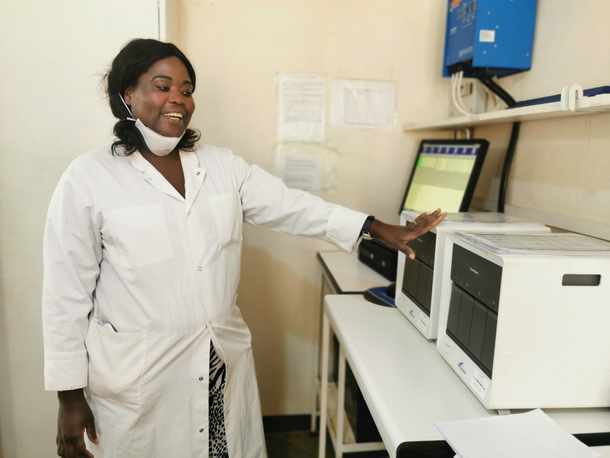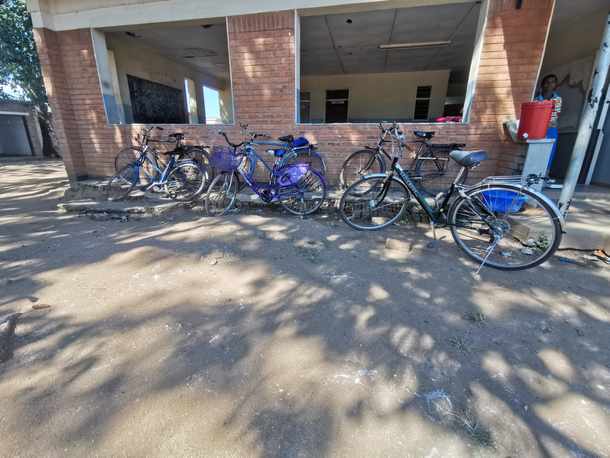Disclosing your HIV status to anyone may be a tough thing to do, but disclosing your HIV status to a child who contracted the virus from you during pregnancy is even more challenging .
However, this is not the case for Malawian parents who are under the Doctors Without borders Chiradzulu HIV/TB project.
The Chiradzulu HIV/TB project, established in 2018 in southern Malawi, is aimed at assisting patients with advanced HIV who have low CD4 count and high viral load. Some of the patients have contracted opportunistic diseases such as tuberculosis, pneumonia or meningitis.
The Chiradzulu District in Malawi has a population of over 300 000 people with about 32 000 people living with HIV.
MSF in this district sees about 5 000 patients with HIV and according to the HIV doctor for MSF health centres, Tariro Tifiza Mwafulirwa, 2 500 are children, from newborns to 19-year-olds. Of those, 200 are on the advanced care programme.
The number of mother-to-child transmissions has decreased in the country over the years.
A part of the programme focuses on childcare, looking at the health of those who are in the advanced care programme taking antiretroviral (ARV) treatment. Children are informed of their HIV by counselling using a technique which is dependent on the age and level of understanding.

Mwafulirwa said about a third of the HIV-positive children failed to take ARV treatment as prescribed. This results in some of them having high viral load and low CD4 count.
Children from the age of 5 to 10 years, are told about their HIV status through a partial disclosure method which uses terms in which the child can understand.
Rosemary Tembo, a patient support activity supervisor explained, “There are no talks of HIV, we talk about germs. We explain why the child needs to come to hospital, we tell them about the green soldiers that are the CD4 count, but we don’t say CD4. We talk about the red germ which is the HIV virus but don’t call it that to them.”
Older children, depending on their understanding, receive full disclosure where they are taught about HIV, CD4 counts and viral load. At these counselling sessions children are also advised on coping mechanisms.
“Some children get angry at their mothers. We had a case where a 16-year-old who was unaware of her status and why she was taking treatment was informed about her own status by her boyfriend. The boyfriend saw the medication and told her what it was for. She was so angry with her mother that she moved to live with her grandparents. It was after numerous sessions of counselling that she went back home and forgave her mother,” Tembo said.
Consent for disclosure is given by the parent.
Tembo said the majority of parents preferred that the disclosure was done by counsellors. She said as children grow older they become resistant to taking medication or some become curious about why they have to take medication daily even when they are not feeling sick.

The medication is not child friendly, the pill is big and bitter so children don’t like it.
MSF has also introduced the Teen Clubs session where adolescents and their parents come together for counselling and check-ups.
There is also sexual reproduction health counselling offered so that teens are informed about family planning and contraceptives.